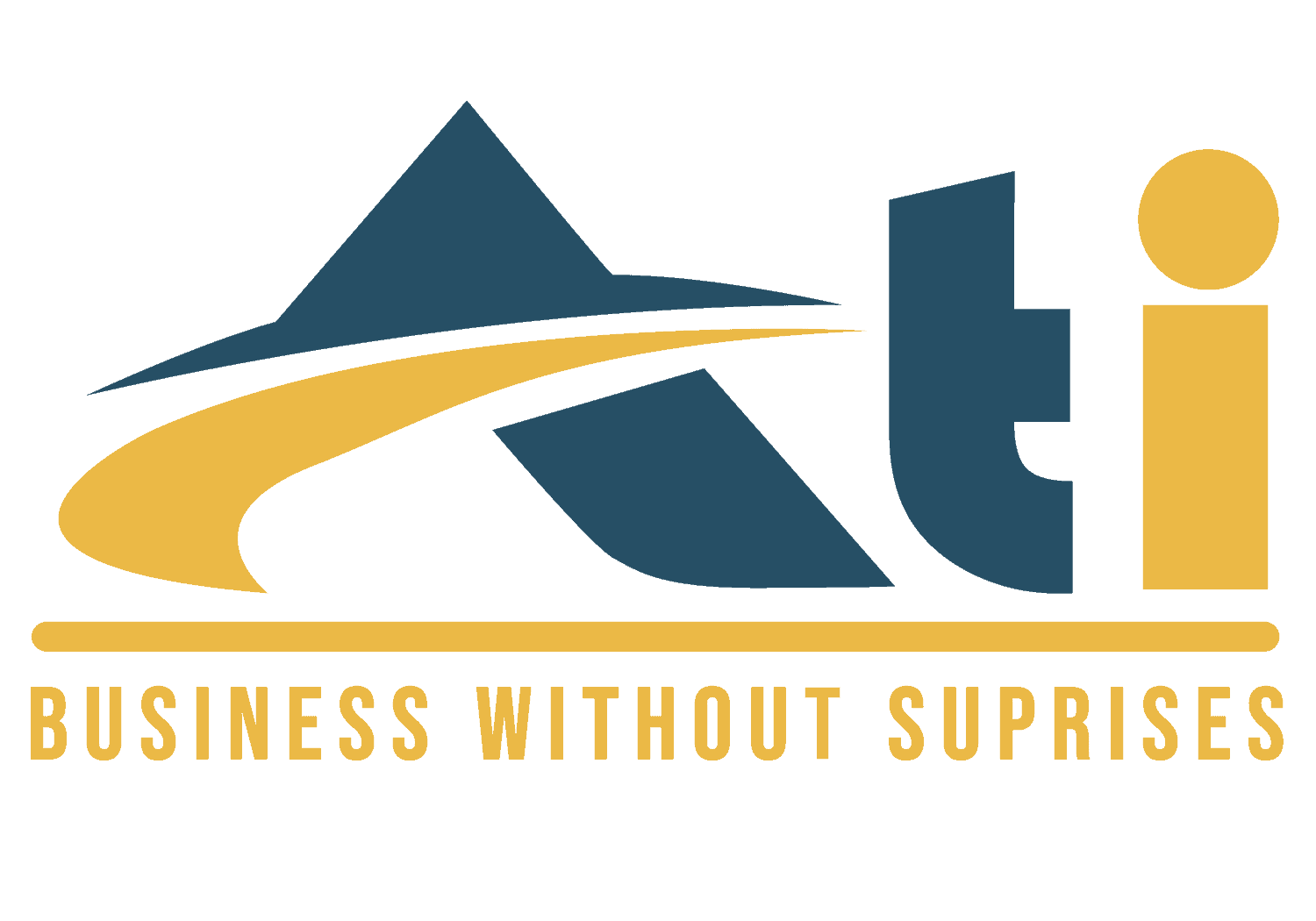When you hire someone for a job, you tell them their hours, designated desk, your office location, their job description. Without this information they will not be able to function. In in a similar fashion, there is some key information that you must provide you in house or outsourced product inspection team. Otherwise the inspectors would have no idea what your requirements are.
Using product inspection, businesses around the world try keep their quality standards as high as they can. This is either done by in-house quality teams or by getting help from a third party quality inspection agency. Whichever path a business chooses; it is a standard practice used to while importing products from abroad. Importing products for your business from thousands of miles away always poses risks, in order to eliminates these risks and ensure products are within requirements, product inspections are used.
However, many importers still do not know what exactly they need to provide their inspectors in order to equip them to carry out an adequate and thorough inspection process. The information that you provide them with is as crucial as the inspection process itself in determining whether your products satisfy consumer expectations or not. If you are negligent and provide your inspection team with the wrong or incomplete information, it may give rise to several problems such as:
- Inspections are delayed
- Costing for inspection is not accurate
- Inspectors end up at the wrong locations
- Sampling is not done as per requirements
- Incorrect amount of pieces is inspected
This list is by no means exhaustive, and only shows a very small number of hassles that you will face if you do not provide your inspection with the right kind of information.
Purchase Order details
A purchasing order is a document that is drafted to record integral pieces of information such as quantities per stock keeping unit, item numbers, pricing, ex-factory details, and other similar details. Firstly, your product inspection company will need to have quantity information presented to them in order for them to provide you with an accurate estimate of the expected cost of the inspection. Secondly, it is also required of the buyer to provide a packing list or any other kind of breakdown of product quantities, in place of the purchase order, that some importers can do in order to hide pricing.
There is no proper way of determining sample size if the number of stock keeping units and total quantities are not defined. For larger orders, sample size are larger whereas for lower sized order, sample size would be lower. It is also very common to combine SKUS for inspections in order to reduce costs for customers.
Urgent orders
It is also important for you to inform your inspection team regarding the timeline along which you expect to receive your products. This information regarding the shipping dates greatly aids your staff by:
- Not enough lead time to be able to book inspections
- Not letting inspectors know that production is being rushed
Product inspection companies are usually dealing with several businesses at a time, it would be beneficial for you to inform them of any inspection that you want to carry out several days ahead of time to make sure that there is adequate staff available and present in the area that you want to inspect. This way, you can ensure that your inspection is not delayed, especially in the case of urgent orders that you wish to receive as soon as possible. It would be even more beneficial to inform your staff ahead of time regarding an urgent order because then they can be more vigilant- factories are often more careless about a rushed order resulting in a greater number of defects.
Packaging methods and materials
There will be some products for which you will require a specific or special kind of packaging. This is especially important for high-priced luxury goods such as watches or jewelry. It is the importer’s duty to provide the factory staff as well as the inspection team. A complete description of the packaging requirements. This becomes all the more important when you have an urgent order that the factory is scurrying to complete. Since the packaging is the final step before the factory ships out products to you. It is very likely they would overlook quality concerns at this stage. It is, therefore, all the more important for the inspection team to be extremely vigilant at this point.
Previously found quality defects and other issues
When an importer has experience buying products for their business from abroad. After a while they realize the issues they commonly face in terms of quality. However instead of a reactive approach, a proactive approach is always recommended. An importer should always advise high inspection team regarding previous issues found in the order. This is the only way for you as an importer to eliminate these issues. If you are to wait for your order to arrive to your warehouse so you can detect quality issues. It not only wastes time but also resources.
Every importer is unique; Hence you should always work as a team with your quality departments. As well as the suppliers and third party inspection companies in order to build in depth QC checklists.
Contact information
Your inspection team will need to stay in constant contact with you in order to coordinate regarding several matters. Thus it is recommended to provide your inspection team with the following information:
- A detailed address of the factory site that they need to visit
- Your office and mobile number
- Skype
- WhatsApp (used all over the world including the U.S and Europe)
- Any other form of communication that your team might prefer

Feedback regarding inspection method and reporting
It isn’t enough to simply go through the inspection report and look at the overall results. As to whether the factory has passed or failed the product inspection. Instead, a good importer will always take out time to read the entire report thoroughly. This is critical because by looking at the full report you may come across issues that you had not considered prior to the report. This can be very helpful in different scenarios, such as:
- If you had not specified explicitly a certain product requirement. And you find out that it is not met, you can raise this issue up with the supplier
- If you feel that your inspection team is being too strict in the inspection process. You may ask them to show a bit more leniency.
Giving feedback to your inspection team will help them carry out their task more effectively by clearly knowing what is expected of them. So that they may reflect this in their inspection process more clearly.
Conclusion
In addition to the advice given above. Keep in mind that the inspection process is a two-way process. Not just a report that you have to receive from the inspectors. If you do not provide them with the adequate information required. As well as the end feedback on the inspection report. Then you cannot expect the inspection team to fully perform its duties in the best manner. You must play your part in the inspection process as well.


